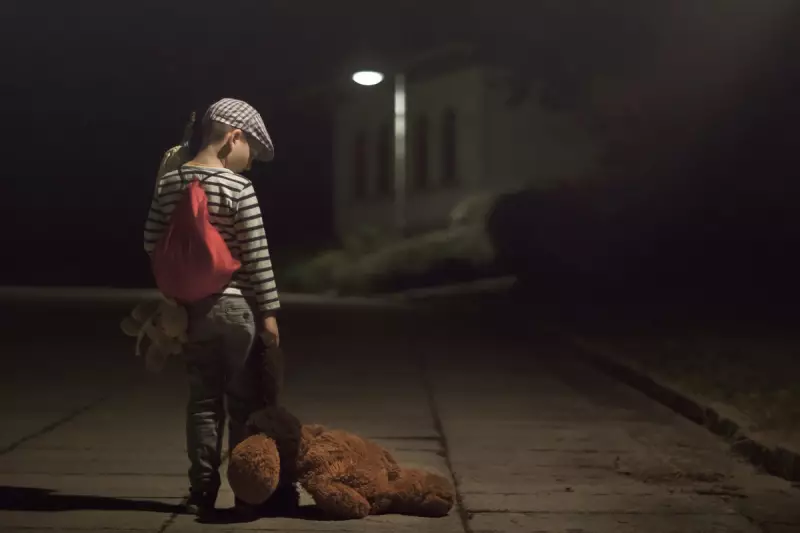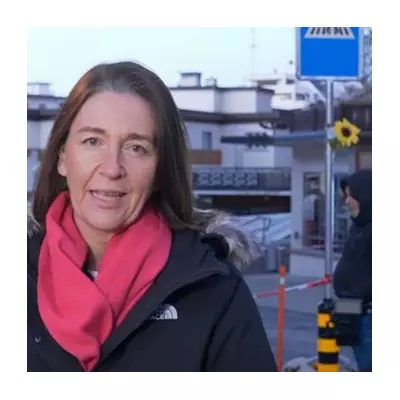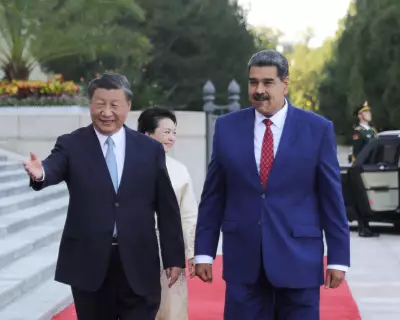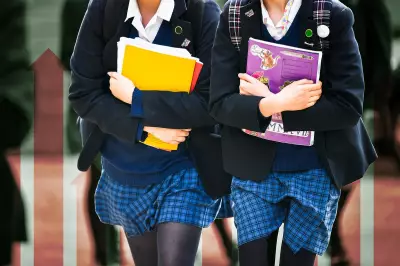
Three decades after publishing his debut book 'The Missing', acclaimed author Andrew O'Hagan is supporting a groundbreaking new initiative to protect Britain's most vulnerable. The Independent's SafeCall campaign, launched in partnership with the charity Missing People, aims to provide a crucial lifeline for those in crisis who have nowhere else to turn.
A Lifelong Mission Born From Childhood Trauma
Andrew O'Hagan's profound connection to the plight of missing people began in 1973 in Scotland, when a young boy from a neighbouring estate vanished. Sandy Davidson's disappearance in broad daylight revealed a terrifying reality that would shape O'Hagan's life and work.
"We learned that it happened quite often," O'Hagan recalls, "and Sandy became a symbol for us of something unknowable." This early experience ignited a passion that would lead the young writer to spend nights in Soho with runaways and travel across Britain documenting stories of the disappeared.
The Heartbreaking Cases That Changed Everything
During his research, O'Hagan encountered numerous heartbreaking cases that highlighted systemic failures in protecting vulnerable individuals. He remembers Angel, a young woman crouched in a doorway, yearning to contact her family but unable to make that crucial connection.
The author's investigation took him to Gloucester during the Fred and Rosemary West case, where he noticed a disturbing pattern. "Of the 12 women they're talking about," O'Hagan asked a policeman, "why were so few of them reported as missing?"
The officer's response chilled him: "They had families. They had communities. But nobody noticed." This revelation underscored how easily vulnerable people could disappear without proper support systems.
SafeCall: Bridging the Gap for the Vulnerable
The new SafeCall service addresses this critical gap in Britain's safeguarding infrastructure. Currently, there's no single port of call for missing people to reach out for help, leaving individuals like George Baroli - found confused on a park bench near Embankment without his family's contact details - dangerously isolated.
O'Hagan emphasises that missing people are often just one good call away from the help that would change everything. The campaign aims to raise funds to establish this vital service, with just £10 enough to get one child to safety.
The author's commitment remains undiminished since meeting the family of Lee Boxell, a 15-year-old who left home one Saturday morning in 1988 and never returned. Lee's parents maintained his room exactly as he left it, clinging to hope that their son might someday make contact.
SafeCall represents that crucial connection point - a free, confidential service where vulnerable individuals can text or call 116 000 for non-judgemental advice and support. As O'Hagan concludes, helping people not to become permanently lost is a task that's firmly graspable, if only we're willing to put out a hand.





